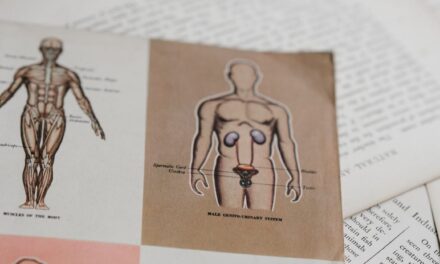Poet, first-year PhD student, and rock-star volunteer Matthew Pennock harbors some idiosyncratic aversions: proems that overuse anaphora, hoppy beers, zombie films that try too hard to make a point. In the office last week, as Matt entered copyedits into WordPerfect, we caught him gazing longingly at a stack of unopened boxes of back issues. When we asked what was wrong, Matt sighed: “Why can’t poetry be as creepy as Toddlers & Tiaras?” Read on to discover why Matt admires Andrea Cohen’s brief but affecting lyric “Bedside” (11.1), a poem, Matt says, that keeps him thirsting for more.
 Matthew Pennock: Economy of language—that’s the name of the game in poetry. Who needs all those words, anyway? That stuff’s for dead Russian novelists, and magazines in dental-office waiting rooms. Give me a six-line poem any day. Give me a dense little word star radiating from the page. Andrea Cohen only needs twenty-five words in her poem “Bedside” to accomplish what Tolstoy might’ve taken twenty-five pages to do.
Matthew Pennock: Economy of language—that’s the name of the game in poetry. Who needs all those words, anyway? That stuff’s for dead Russian novelists, and magazines in dental-office waiting rooms. Give me a six-line poem any day. Give me a dense little word star radiating from the page. Andrea Cohen only needs twenty-five words in her poem “Bedside” to accomplish what Tolstoy might’ve taken twenty-five pages to do.
Cohen’s poem revolves around the central metaphor of water. Water is life, youth, and love, and when we lack these things we wither; we dry out. The lasting effect is a piece fraught with angst and disbelief: fear that current loneliness will become permanent; fear that age has taken its toll, and that the speaker is long since passed her prime—all of it hinging on a central image, “When did the tumbler // of water, bedside, fill / with dust?” A palpable experience for anyone who has awoken to a dry mouth and reached for last night’s water glass—the taste of one night’s dust altering the flavor of the water. I know that taste. I know that fear. Cohen’s poem makes me experience it all over again.










